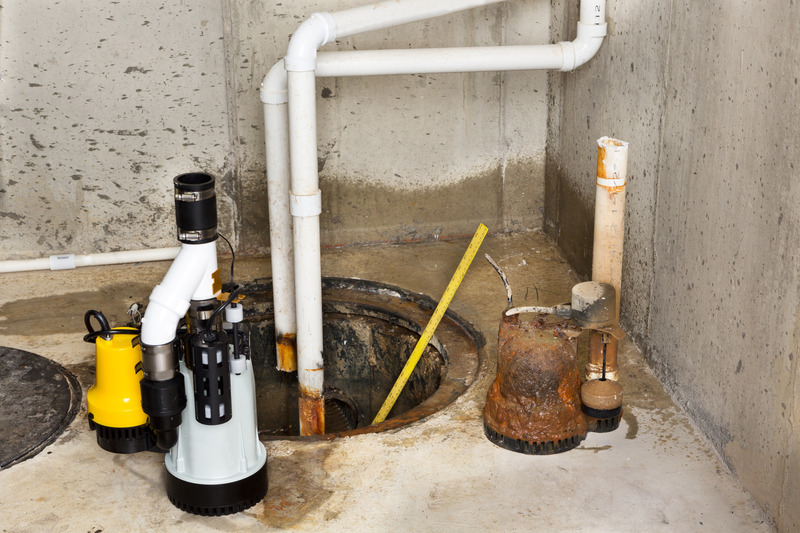In Montana’s rural and off-grid communities, private wells serve as critical water sources rather than simple utilities, which is why Water Well Maintenance in Montana is essential to prevent gradual declines in water quality and system performance. Without regular upkeep, even a well that once operated flawlessly can decline in performance or safety over time. That’s why water well maintenance is a vital investment for homeowners, ranchers, and property managers alike. Preventive care ensures clean, uninterrupted water flow while avoiding costly breakdowns.
Montana’s Dependence on Groundwater Systems
Groundwater systems serve a significant portion of Montana’s population, particularly in areas beyond city water lines. According to the Montana Department of Natural Resources and Conservation, over 80% of domestic water in rural areas comes from private wells. This heavy dependence makes Water Well Maintenance in Montana a critical part of sustaining water access. Without it, issues like mineral buildup, bacterial contamination, and mechanical wear can develop unnoticed—putting both health and infrastructure at risk.
Risks of Delayed or Neglected Maintenance
Many well owners wait until problems surface to call for help, but by then, damage is often more extensive and expensive. In regions with hard water, mineral deposits can clog pump intakes or narrow pipes, lowering water pressure. Freeze-thaw cycles can compromise seals and piping. Routine Water Well Maintenance in Montana addresses these risks early by inspecting components, testing water quality, and cleaning well systems as needed. This not only preserves water quality but also extends the lifespan of pumps and pressure tanks.
Seasonal and Environmental Factors
Montana’s diverse topography and weather patterns mean that maintenance needs vary by location and season. In colder regions, winterization is a crucial aspect of Water Well Maintenance in Montana, protecting systems from freeze damage. In agricultural zones, runoff from fertilizers or livestock may increase the risk of contamination, making regular water testing and wellhead inspections essential. Each site requires a tailored approach to ensure safe and reliable year-round water delivery.
What a Professional Service Includes
Routine maintenance involves more than just looking into the wellhead. Certified technicians perform a variety of tasks during scheduled water well maintenance, checking pump efficiency, inspecting electrical systems, testing water for bacteria and minerals, and ensuring pressure tanks are functioning correctly. Modern service providers also utilize advanced technology like borehole cameras to identify hidden issues, helping property owners make informed decisions about repair or replacement.
Experience the 180 Water Difference: Expert Plumbing Services Backed by Trust and Precision
Known for excellence in groundwater management, 180 Water offers comprehensive water well maintenance backed by years of field expertise. Their licensed professionals tailor maintenance plans to each property’s specific needs, whether residential, agricultural, or commercial. By following best practices and state guidelines, they ensure clean water, efficient system performance, and long-term reliability for clients across Montana’s varied landscapes.

